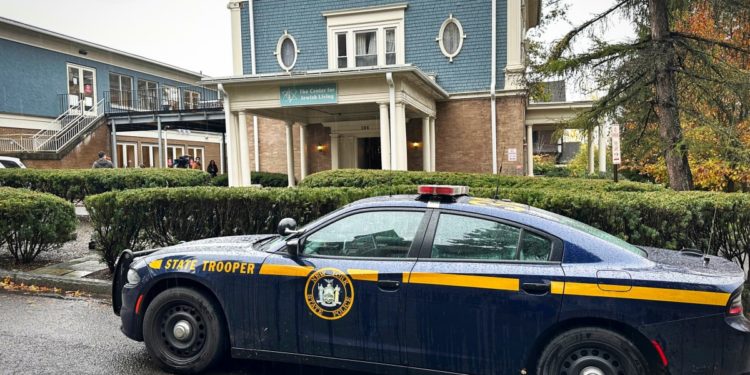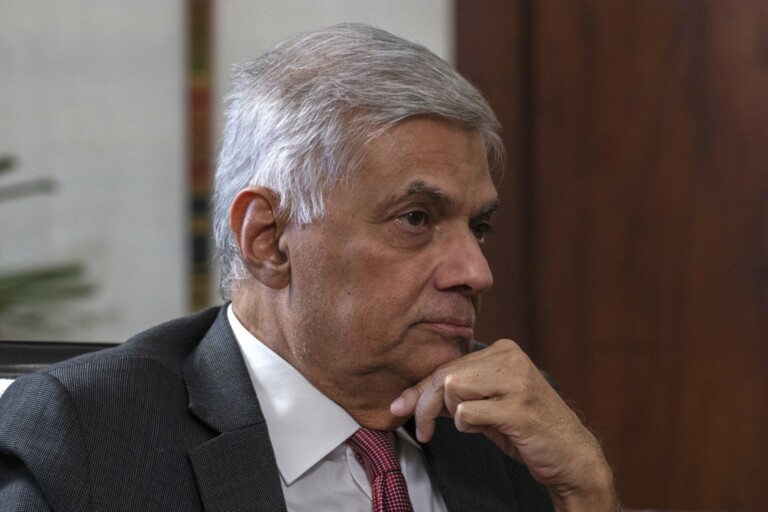As antisemitic and anti-Muslim threats grow on college campuses across the United States, the federal agency tasked with helping schools prepare to respond to physical attacks is swamped with requests for help — but doesn’t have enough people to meet the demand quickly.
On Monday, the Biden administration announced it was stepping up its response to such incidents with an action plan that included 125 protective security advisers from the Cybersecurity and Infrastructure Security Agency (CISA), which is part of the Department of Homeland Security. Their job is to visit college campuses and advise them on how to make them safer from physical attacks.
But that number is not an increase from what the agency previously had on hand to help schools, houses of worship and other entities considered vulnerable critical infrastructure around the country, an agency spokesperson said. The protective advisers are used not as on-site security agents but as consultants who can help colleges or other campuses, including K-12 schools, identify their physical vulnerabilities. A separate group of 100 advisers is tasked with protecting these potential targets from cyberthreats.
Currently, the average wait time for schools requesting help with physical security from CISA is around “a few weeks,” a senior official told NBC News, but schools requesting more sophisticated levels of resources have to wait longer.
An official from DHS said the people at CISA are “up to their eyeballs” in requests from schools and there is simply not enough manpower to go around. While some schools with large endowments are able to fund their own private security, others, such as small state-funded schools, need federal grants and help to prepare, the official said.
In the past year, CISA’s 125 physical security advisers did 2,250 physical assessments of critical infrastructure across the country, and demand is only expected to grow given the increased threat environment.
A senior CISA official told NBC News the agency is not in a “business-as-usual environment” and is reprioritizing how it allocates manpower in the wake of threats, even if that means pulling physical security advisers away from projects that secure other places deemed critical infrastructure.
“We have demonstrated that we can be flexible and adaptable. That as the threat environment changes, we can change where we engage and that does necessitate prioritizing and reprioritizing constantly,” the senior CISA official said.
President Joe Biden’s supplemental budget request sent to Congress on Oct. 20 did not include a request for more funding for CISA resources, but the officials say more manpower would give them the ability to do more outreach and respond to more requests faster.
“Given the scale, it’s never going to be possible to respond to every request,” the senior CISA official said. “The demand is infinite.”
Republican-proposed amendments during the near-government shutdown in September sought to slash CISA’s funding. The senior CISA official said those cuts would have “directly affected the work on the ground.”







